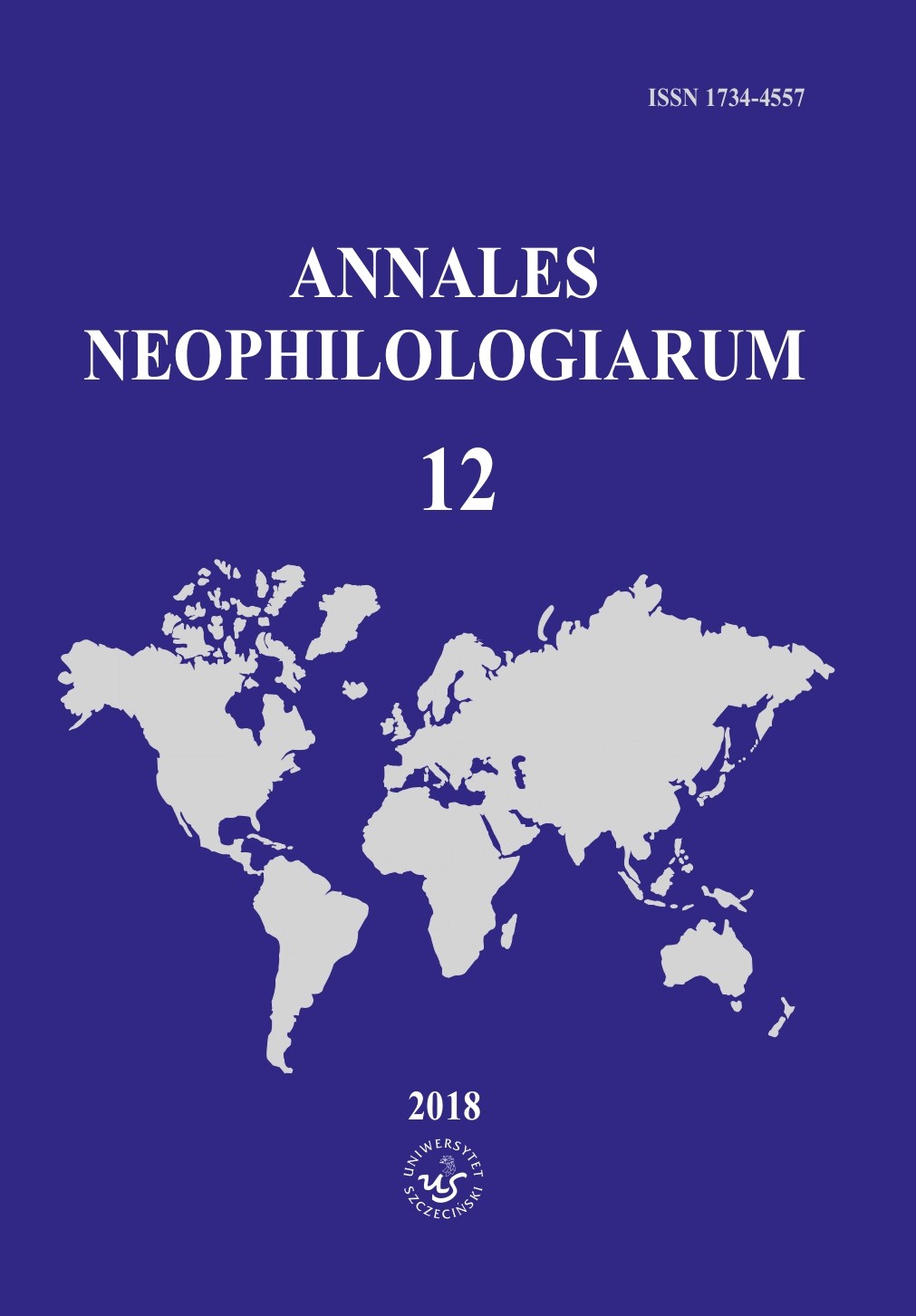The anthropocentrism of the process of literary communcation as discursive activity
The anthropocentrism of the process of literary communcation as discursive activity
Author(s): Konrad RachutSubject(s): Language and Literature Studies, Applied Linguistics, Studies of Literature, Cognitive linguistics, Comparative Study of Literature, Other Language Literature
Published by: Wydawnictwo Naukowe Uniwersytetu Szczecińskiego
Keywords: discourse; verbal-mental activity; literary text; concept; conceptosphere; literary setting
Summary/Abstract: This article examines the specificity of the link between the process of literary communication and discursive activity that manifests itself in the form of a literary text. Taking into consideration the postulates propagated by T. van Dijk and the cognitive-pragmatic postulates by N.F. Alefirienko on discourse, the author asserts that the discursive space of writers and readers is a verbal-mental source and environment for forming concepts that altogether constitute a conceptosphere – the mental foundation of the setting of a literary text. The act of creating and reading a literary text is therefore an anthropocentric process that is subjected to personal and social spheres that make discourse an individual property of each subject. Thus, interaction with a text becomes a unique act. A literary text consequently becomes only a material medium through which authors’ conceptospheres are verbalised and the readers’ conceptospheres are constructed.
Journal: Annales Neophilologiarum
- Issue Year: 2018
- Issue No: 12
- Page Range: 113-124
- Page Count: 12
- Language: English

